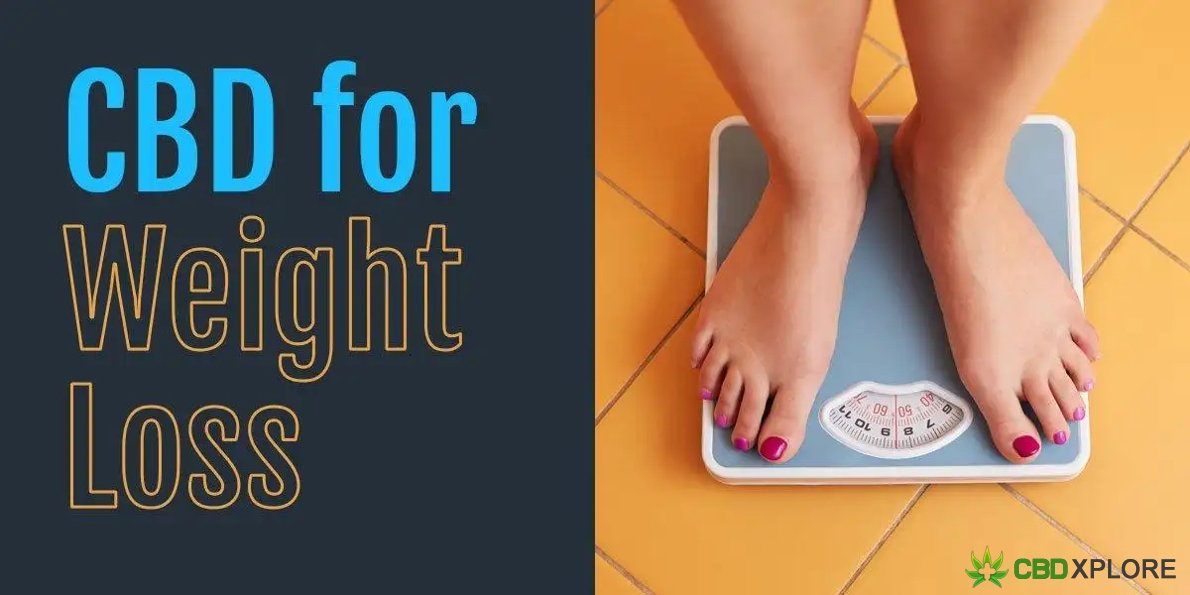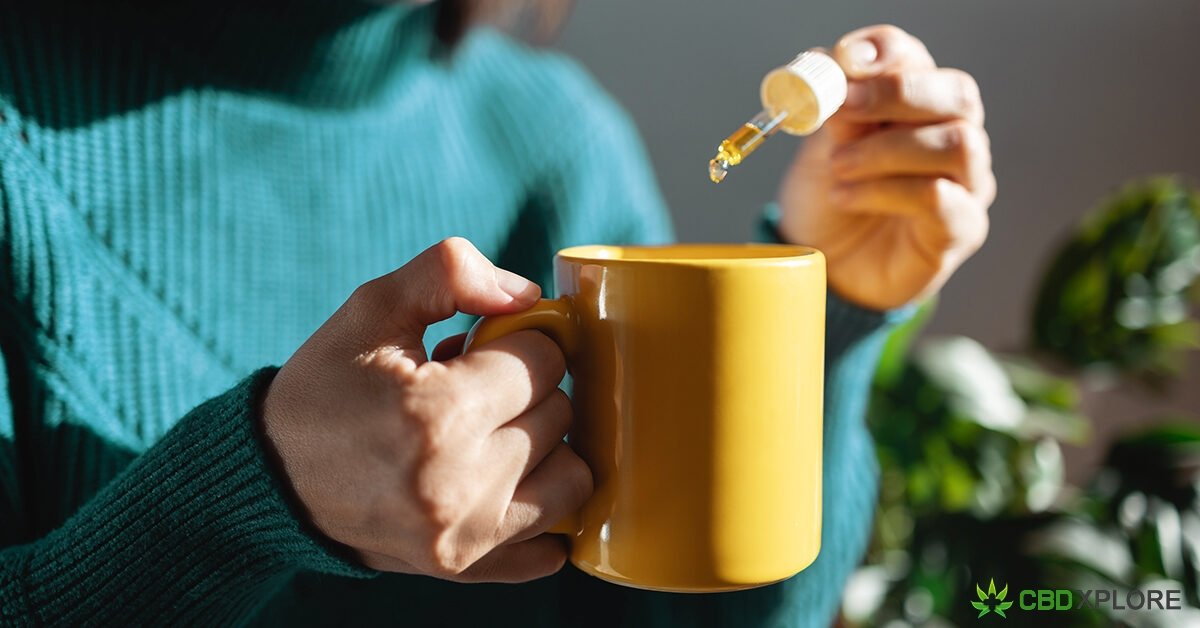CBD vs THC for Weight Loss: Which One Works Best?
In this article, we'll break down the science, benefits, potential side effects, and user experiences regarding CBD vs THC for fat burning and metabolism enhancement

In the ever-evolving world of cannabis research, two compounds continually stand out—CBD (cannabidiol) and THC (tetrahydrocannabinol). While both are cannabinoids derived from the Cannabis sativa plant, they offer vastly different effects on the body. One trending topic within the wellness and health space is the role of CBD vs THC in weight management. With obesity rates on the rise and people seeking natural alternatives to support weight loss, it’s no wonder that many are exploring the potential of these cannabinoids. But when it comes to CBD vs THC for weight loss, which one actually works best?
In this article, we’ll break down the science, benefits, potential side effects, and user experiences regarding CBD vs THC for fat burning, metabolism enhancement, and appetite regulation. Whether you are new to cannabinoids or a seasoned user, this comprehensive guide will help you make an informed choice.
Explore the Contents
- 1 Understanding CBD and THC: A Brief Overview
- 2 CBD vs THC for Weight Loss: The Science Explained
- 3 The Role of the Endocannabinoid System (ECS) in Weight Management
- 4 CBD vs THC for Weight Loss: Which One Has Fewer Side Effects?
- 5 User Experience: CBD vs THC for Weight Management
- 6 CBD vs THC: Which One Works Best for Fat Burning?
- 7 Final Verdict: CBD vs THC for Weight Loss
- 8 Conclusion
Understanding CBD and THC: A Brief Overview
Before diving into the weight loss debate, let’s first clarify what sets CBD vs THC apart.
What is CBD?
CBD is a non-psychoactive compound found in cannabis. Unlike THC, CBD does not cause the “high” commonly associated with marijuana use. It interacts primarily with the body’s endocannabinoid system (ECS), helping regulate functions such as sleep, inflammation, mood, and metabolism. Due to its non-intoxicating properties, CBD has become popular in wellness circles for its potential anti-inflammatory, anti-anxiety, and neuroprotective benefits.
What is THC?
THC, on the other hand, is the psychoactive component of cannabis. It binds directly to CB1 receptors in the brain, leading to euphoria, altered perception, and increased appetite—often referred to as the “munchies.” However, beyond its recreational use, THC also has therapeutic applications, including pain relief, nausea reduction, and appetite stimulation, which can be beneficial in medical settings.
CBD vs THC for Weight Loss: The Science Explained
How CBD Affects Weight Loss
CBD has been gaining traction as a potential supplement for weight management. Here’s how CBD could assist with weight loss:
1. Boosting Metabolism
CBD may play a role in “fat browning,” a process where white fat cells, which store energy, are converted into brown fat cells, which burn energy. Studies have shown that brown fat helps burn calories and supports thermogenesis (heat production), which can potentially aid in weight loss.
2. Regulating Appetite
Unlike THC, CBD is believed to modulate the ECS to suppress appetite in certain individuals. By balancing cortisol levels and improving insulin sensitivity, CBD may help control cravings and emotional eating.
3. Reducing Inflammation
Chronic inflammation is a known contributor to obesity and metabolic disorders. CBD’s anti-inflammatory properties may help combat inflammation at a cellular level, supporting overall metabolic health.
4. Supporting Better Sleep
Sleep deprivation is often linked to weight gain due to hormonal imbalances and increased hunger. CBD may improve sleep quality, indirectly aiding weight management.
How THC Affects Weight Loss
THC’s influence on weight loss is more complex:
1. Appetite Stimulation
THC is well-known for increasing appetite. This property can be useful for individuals struggling with appetite loss due to medical conditions but might be counterproductive for those aiming to shed pounds.
2. Insulin Regulation
Interestingly, some research has indicated that regular cannabis users (including those consuming THC) may have lower fasting insulin levels and smaller waist circumferences than non-users. However, this does not confirm that THC directly causes weight loss—it may be a secondary effect of cannabis on insulin sensitivity.
3. Pain Relief and Physical Activity
THC’s analgesic (pain-relieving) effects can benefit those who avoid exercise due to chronic pain. By alleviating discomfort, THC may indirectly promote physical activity and contribute to weight management.
CBD vs THC: Appetite Control
When considering CBD vs THC for appetite control, the differences are stark:
- CBD: Known to curb appetite and regulate hormonal imbalances that lead to overeating.
- THC: Triggers hunger, stimulating ghrelin, the hormone responsible for signaling hunger to the brain.
For weight loss purposes, CBD tends to be the better choice for those looking to reduce caloric intake, while THC might be more suited for individuals needing appetite stimulation.
The Role of the Endocannabinoid System (ECS) in Weight Management
The ECS plays a crucial role in maintaining homeostasis in the body, affecting mood, sleep, metabolism, and appetite. Both CBD and THC interact with the ECS but in different ways:
- CBD acts as an indirect modulator, influencing CB1 and CB2 receptors to promote balance without causing psychoactive effects.
- THC directly activates CB1 receptors, particularly in brain regions associated with appetite, reward, and pleasure.
This difference in interaction explains why CBD vs THC have such varied effects on weight loss and appetite regulation.
CBD vs THC for Weight Loss: Which One Has Fewer Side Effects?
When it comes to side effects, CBD is generally considered safer, especially for daily use:
CBD Side Effects:
- Dry mouth
- Fatigue
- Mild digestive issues
- Potential interactions with certain medications
THC Side Effects:
- Psychoactive effects (euphoria, paranoia, anxiety)
- Increased appetite
- Short-term memory impairment
- Possible dependency with frequent use
For weight loss, many prefer CBD due to its low risk of side effects and non-intoxicating nature, making it easier to incorporate into a wellness routine.
User Experience: CBD vs THC for Weight Management
Anecdotal evidence from users provides valuable insight:
- CBD Users often report feeling more balanced, less prone to stress-eating, and having improved sleep, which contributes to better weight management.
- THC Users frequently mention increased hunger and cravings, which may counteract weight loss goals unless managed carefully.
Some users, however, use a combination of both cannabinoids in tailored ratios (like a 1:1 CBD to THC product) to reap balanced benefits without excessive hunger stimulation.
CBD vs THC: Which One Works Best for Fat Burning?
While there is no definitive “winner” as results can vary by individual, the current research leans in favor of CBD for direct fat-burning support. CBD’s ability to promote fat browning and thermogenesis makes it a more suitable candidate for weight loss compared to THC, which primarily increases appetite.
Best CBD Products for Weight Loss:
- CBD oils: Easy to dose and fast-acting
- CBD capsules: Convenient for daily supplementation
- CBD teas or infused beverages: Promote relaxation and appetite regulation
- Topical CBD creams: Support muscle recovery post-exercise
THC Products to Avoid for Weight Loss:
- High-THC edibles: Often calorie-dense and can stimulate hunger
- THC vape pens: While fast-acting, they can quickly trigger the munchies
Final Verdict: CBD vs THC for Weight Loss
After evaluating the roles of CBD vs THC in weight management, CBD stands out as the more favorable option for those focusing on fat reduction and appetite control. However, this doesn’t entirely discredit THC. For certain individuals, especially those using cannabis for medical reasons like chronic pain, a balanced ratio of CBD and THC might be effective in promoting an active lifestyle and overall wellness.
Conclusion
When exploring CBD vs THC for weight loss, it’s important to recognize that both cannabinoids affect the body differently. CBD may offer more direct benefits related to fat metabolism, appetite suppression, and inflammation reduction, making it a more appropriate choice for those targeting weight loss. THC, while helpful in other therapeutic areas, can complicate weight management due to its appetite-stimulating effects.
As with any supplement, consult with a healthcare provider before integrating CBD or THC into your wellness routine, especially if you have underlying health conditions.





